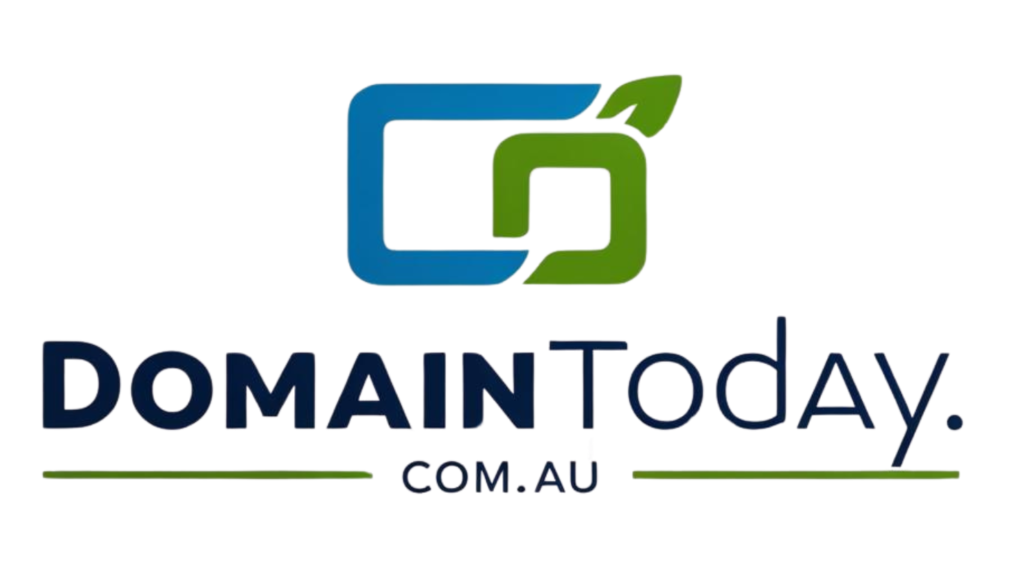A recent ruling by a World Intellectual Property Organization panelist has shed light on a case of reverse domain name hijacking involving ITWAY S.P.A. The company, known for its workplace safety brand ICOY, attempted to acquire the domain icoy.com through questionable means.
ITWAY’s ICOY system, aimed at enhancing workplace safety in environments with heavy machinery, was introduced in 2020. However, the company’s efforts to secure the domain icoy.com were met with resistance due to its prior acquisition by a domain investor in 2000, long before ITWAY’s product launch.
Despite exploring the option to purchase the domain through Sedo, ITWAY deemed the asking price of $22,500 excessive. Consequently, the company resorted to initiating a dispute under the Uniform Domain-Name Dispute-Resolution Policy (UDRP).
In its UDRP filing, ITWAY made erroneous claims regarding the necessity of demonstrating bad faith registration in cases where the disputed domain matches the complainant’s trademark. This misguided approach, coupled with the lack of evidence supporting bad faith usage, weakened the company’s position.
Panelist Steven A. Maier, presiding over the case, unequivocally deemed ITWAY’s actions as a clear instance of Reverse Domain Name Hijacking. He highlighted the company’s legal representation as a factor that should have prevented such misconceptions regarding the domain acquisition process.
Maier stressed the importance of understanding the requirements for proving bad faith registration and usage, emphasizing that ITWAY’s case lacked a solid foundation given the timeline of domain registration in relation to the company’s trademark use.
Furthermore, the panelist inferred that ITWAY’s pursuit of the domain post its unavailability in 2019, coupled with attempts to negotiate a commercial deal, indicated a deliberate strategy to avoid paying the domain owner’s asking price.
Studio Legale Tributario EY represented ITWAY during the dispute, underscoring the legal ramifications of engaging in reverse domain name hijacking. Such cases not only tarnish a company’s reputation but also highlight the importance of understanding domain acquisition protocols.
This ruling serves as a cautionary tale for businesses navigating the intricate landscape of domain ownership and underscores the significance of conducting thorough due diligence before pursuing domain acquisitions. Failure to adhere to established policies and regulations can result in legal repercussions and damage to a company’s credibility.
As the digital realm continues to evolve, the intricacies of domain name management remain a critical aspect of brand identity and online presence. Companies must exercise prudence and ethical conduct when engaging in domain-related transactions to avoid legal entanglements and safeguard their reputation in the virtual sphere.
📰 Related Articles
- UDRP Case Reveals Reverse Domain Name Hijacking Dilemma
- Navasard Limited Fails in Attempted Domain Name Hijacking
- UDRP Ruling on OneTab Domain Dispute Reveals Policy Limitations
- Featured’s Strategic Moves: Rebranding and Domain Acquisition Impact
- Alumni Ventures LLC’s Failed Attempt at Domain Name Hijacking






